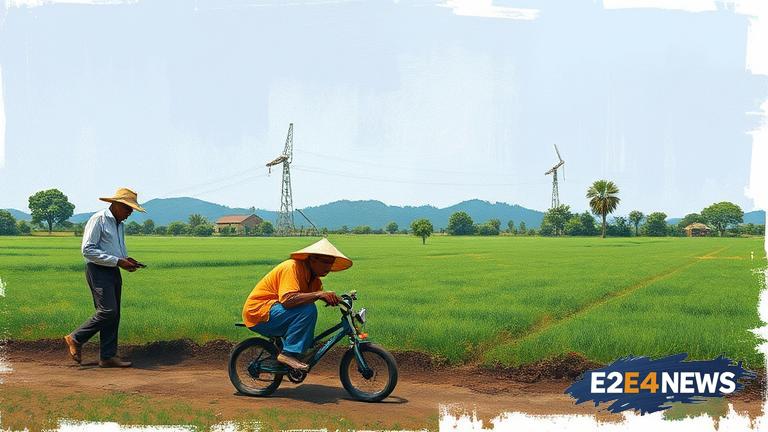The European Union’s (EU) Deforestation Regulation (DRR) is set to take effect, and suppliers are speaking out about the importance of supporting farmers during this transition period. The DRR aims to reduce deforestation and promote sustainable land use, but its implementation has raised concerns among farmers and suppliers. Many farmers are worried about the potential impact on their livelihoods, while suppliers are concerned about the feasibility of meeting the new regulations. Despite these challenges, suppliers are committed to supporting farmers and ensuring a smooth transition to the new regulations. To achieve this, suppliers are working closely with farmers to provide training and technical assistance, as well as investing in new technologies and infrastructure. Some suppliers are also exploring alternative sourcing options, such as certified sustainable products, to reduce their reliance on high-risk commodities. However, suppliers acknowledge that the DRR’s implementation will require significant changes to their supply chains and business models. They are calling on policymakers to provide more guidance and support to help them navigate these changes. The EU’s DRR is part of a broader effort to promote sustainable development and reduce the environmental impact of agricultural production. The regulation requires companies to conduct due diligence on their supply chains and ensure that they are not contributing to deforestation or habitat destruction. While the DRR has been welcomed by environmental groups, it has also been criticized for its potential impact on small-scale farmers and rural communities. Suppliers are working to address these concerns by providing support and training to farmers, as well as exploring new business models that prioritize sustainability and social responsibility. The DRR’s implementation will also require significant investment in new technologies and infrastructure, such as satellite monitoring and certification schemes. Suppliers are exploring partnerships with NGOs and other stakeholders to support the development of these technologies and ensure that they are accessible to farmers. Despite the challenges ahead, suppliers are committed to supporting farmers and promoting sustainable development. They believe that the DRR has the potential to drive positive change in the agricultural sector and promote more sustainable land use practices. However, they also acknowledge that the regulation’s implementation will require careful planning and coordination to ensure that it does not disproportionately impact small-scale farmers or rural communities. The EU’s DRR is a significant step towards promoting sustainable development and reducing the environmental impact of agricultural production. Suppliers are playing a critical role in supporting farmers during this transition period and ensuring that the regulation is implemented in a way that prioritizes sustainability and social responsibility. As the DRR deadline approaches, suppliers are urging policymakers to provide more guidance and support to help them navigate the challenges ahead. They are also calling on farmers and other stakeholders to work together to promote sustainable development and reduce the environmental impact of agricultural production. The DRR’s implementation will require significant changes to supply chains and business models, but suppliers believe that it has the potential to drive positive change in the agricultural sector. By working together, suppliers, farmers, and policymakers can ensure that the DRR is implemented in a way that promotes sustainable development and supports the livelihoods of farmers and rural communities.





